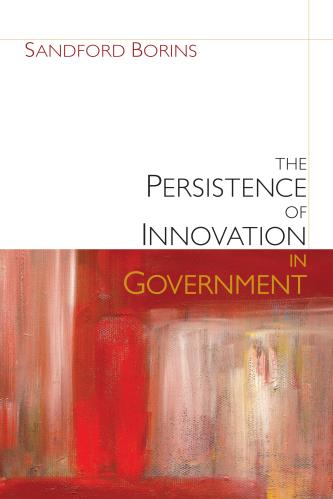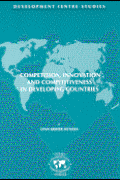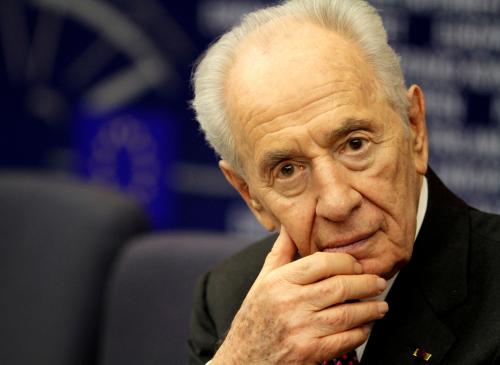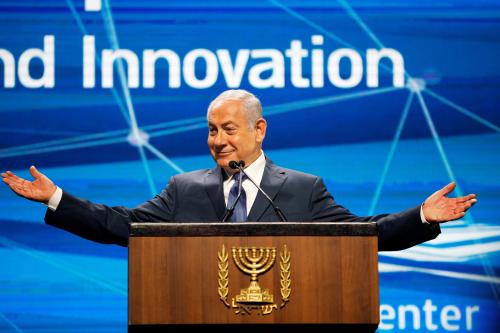This post originally appeared on jewishjournal.com.
The passing of former Israeli President Shimon Peres at the age of 93 is rightly provoking much reflection on his life and times. While most people know the political history of Peres, and his globe-trotting efforts on behalf of Middle East peace (he won the Nobel Prize for the Oslo Accords) there is another side of Shimon Peres that often gets overlooked—that of the godfather of the Startup Nation.
By way of background, Shimon Peres was born in Poland in 1923 and immigrated with his family as a child before Israel was even a state, let alone a startup nation. Like many émigrés, Peres became part of the immigrant story of innovation, creating change in their adopted lands.
Peres learned business and finance even before politics. In Israel’s War of Independence, he was responsible for arms purchases and recruitment, and in 1948 was appointed head of the naval services. In 1949, he headed the Defense Ministry’s procurement delegation to the United States—an early indication that he was destined to participate in the global commerce of ideas and inventions.
Peres later became a Member of the Knesset and served as Deputy Minister of Defense from 1959-1965. But he also learned the art of information and international relations, becoming Minister of Immigrant Absorption in 1969 and Minister of Transport and Communications from 1970-1974. In 1974 he was appointed Minister of Information and later, Minister of Defense (1974-1977).
Fast forward to the late 1980s and you find Shimon Peres serving as Vice Premier and Minister of Finance. The rest, as they say, is history.
But it is the last years of the life of Shimon Peres that reflect his true spirit of entrepreneurship. Just this summer Israeli political leaders and high-tech entrepreneurs celebrated the launch of Israel’s Innovation Center at the Peres Peace House in Jaffa, Tel Aviv—a major hub of activity that will not only provide entrepreneurs with the opportunity to know more about Israeli innovations, but also to meet like-minded inventors, technologists and scientists from other backgrounds. It will have exhibits, touch tables, and interactive games, a digital library, the only one in the world that will allow people to ask questions and get answers about Israeli innovations.
“The Innovation Center that will be established here will showcase our national pride and will advance peace between people,” said Peres, who founded both the Peres Peace House and the Innovation Center. “Our innovative spirit has been recognized all over the world and, of course, my heart swells with pride when I see how many nations turn to the tiny State of Israel to learn from our bold innovations and to learn how to turn the impossible into the possible,” added Peres as he expressed hope that his new project can advance peace through collaboration. “Innovation enables dialogue between nations and between people,” Peres said. “It will enable all young people – Jews, Muslims, and Christians – to engage in science and technology equally.”
Israel’s high-tech entrepreneurship is not a recent discovery. Decades ago, the government encouraged start-up activity. For example, in the late 1970s, Israel and the United States established the BIRD Foundation (Binational Industrial Research and Development), an endowment that gave, and still gives, about twenty grants each year of $500,000 to $1 million for R & D aspects of joint ventures between Israeli and U.S. companies. Companies that win BIRD grants keep their equity, pay no service charges, and make repayments only in the event revenue from the projects are realized. That joint venture angle helped Israel’s fledgling tech companies learn about the vast U.S. market, and BIRD’s $250 million worth of investments over the past decades has generated more than $8 billion in sales for recipient companies. Then, in the 1990s, the Israeli government gave the venture capital (VC) industry a jumpstart that has led to the astonishing growth and development of Israel’s tech sector that we see today. The Yozma program offered VC firms matching funds such that for every two dollars raised by a firm for a Yozma fund, the government would invest one dollar and offer extremely favorable buy-out terms after five years. The ten original Yozma funds raised $200 million and today, completely privatized, manage $3 billion of capital. Yozma was in effect a de-risking tool—not a small matter in the Middle East—and the leg-up to the VC industry soon led to widespread investing activity that had no need for Yozma crutches.
Israel, today, has more startup companies per capita than any other nation, according to data from the Tel Aviv-based IVC Research Center, which tracks the industry. The number of active high-tech companies operating in Israel has jumped from 3,781 in 2006 to 7,400 in mid-2016, according to IVC. “The West needs innovation; Israel’s got it,” wrote Dan Senor and Saul Singer, in “Start-Up Nation: The Story of Israel’s Economic Miracle,” noting Israel, with a population of 8 million, trails only the United States (population approximately 316 million) and China (population approximately 1.36 billion) as one of the world’s top three sources of NASDAQ-listed companies. Senor and Singer profile several Israeli inventors, investors, and entrepreneurs to provide insight into the resilience of the country’s business sector. They conclude that innovation is the reason for Israel’s economic success. “Making innovation happen is a collaborative process on many levels, from the team, to the company, to the country, to the world. While many countries have mastered the process at the level of large companies, few have done so at the riskiest and most dynamic level of the process, the innovation-based start-up.”
As we think about Shimon Peres and his legacy, let’s not forget the enterprising man who imagined a country, not only strong in democracy, but inspired as an innovator. He helped build the ecosystem of entrepreneurship that today fuels the economy and makes Israel the most respected high tech country in the region. That’s a legacy that will guide Israel into the future and for which Peres can be proud.










Commentary
Shimon Peres: Godfather of Israeli entrepreneurship
October 14, 2016